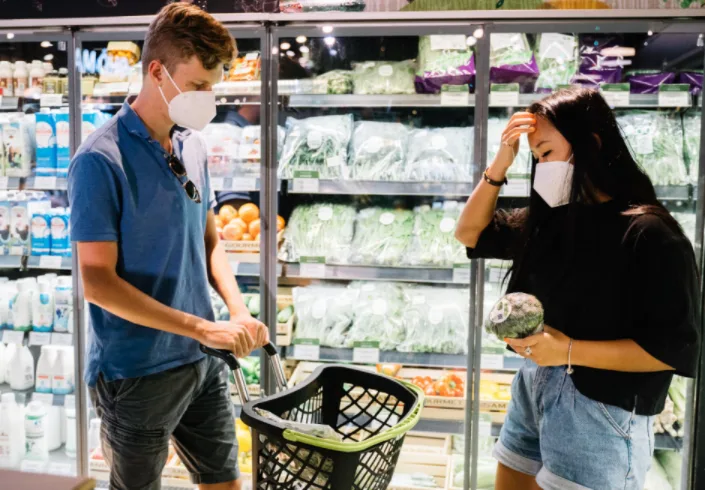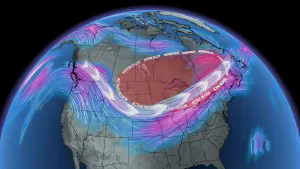
Canada's food prices to keep rising in 2021: Report
The 11th edition of Canada's Food Price Report is out, and if you're already on a tight grocery budget, things are about to get worse.
Food prices will keep rising in 2021 -- by between three and five per cent on average, according to the latest edition of Canada's Food Price Report, released today.
"It's not a good news story report, unfortunately,” report co-author, Sylvain Charlebois, tells The Weather Network. “It is the highest increase forecasted in the last 11 years, and that's due to a combination of factors including COVID and climate change, in particular.”
He says wildfires in California are going to make produce more expensive.
"Especially from December to April, when we do buy a lot of products from California, we are expecting Canadian importers to buy elsewhere outside of California — and once you do that, you have to pay more for your produce."
He also adds that if the Canadian dollar drops, things could get worse.

Courtesy: Dalhousie University
As for meats, you can expect to pay more for chicken in 2021.
"We saw beef prices go up significantly at the beginning of the year,” Charlebois explains. “Now, it's actually chicken and poultry [that] is up, and that's due to the fact that it's costing more to do a lot of things in the food industry —from farm to fork, you have different protocols to follow which really slows things down."
The one bright side: prices are dropping for plant-based proteins due to more competition and choice.
With limited information available, the report opted not to delve into the looming fiscal cliff in Canada with a record-breaking deficit in 2020.
"We haven't had any discussions about who's gonna pay for that,” says Charlebois. “We are expecting many food products to be taxed even more as a result of a higher deficit, like wines and beers, and of course, we are also expecting some governments — [for] certain food products with high sugar content — to be taxed, as well, and this is something we've seen in Europe. When you have to deal with a high deficit like that, you're desperate to generate more revenue, and so we are expecting some policies to change, especially when it comes to taxation and taxation in food."
Read the full report here, and watch the video above for greater insight from Weather Network reporter Nathan Coleman.
--
Thumbnail courtesy: Anna Tarazevich/Pexels.










